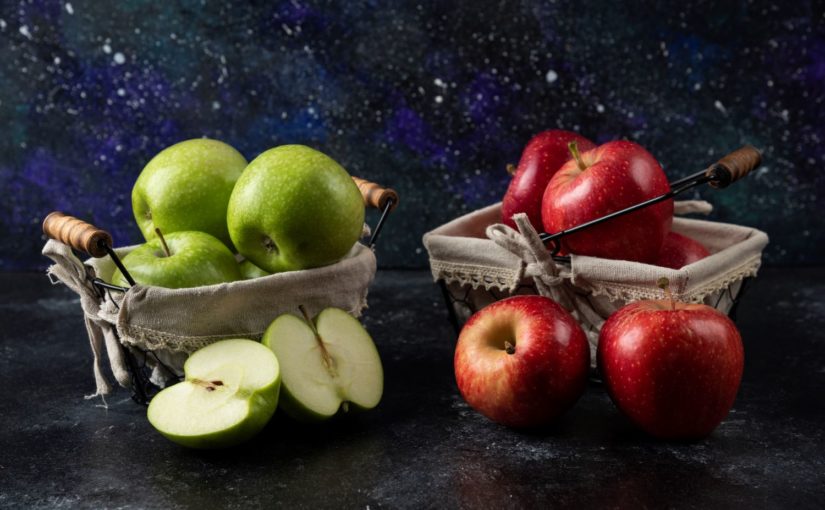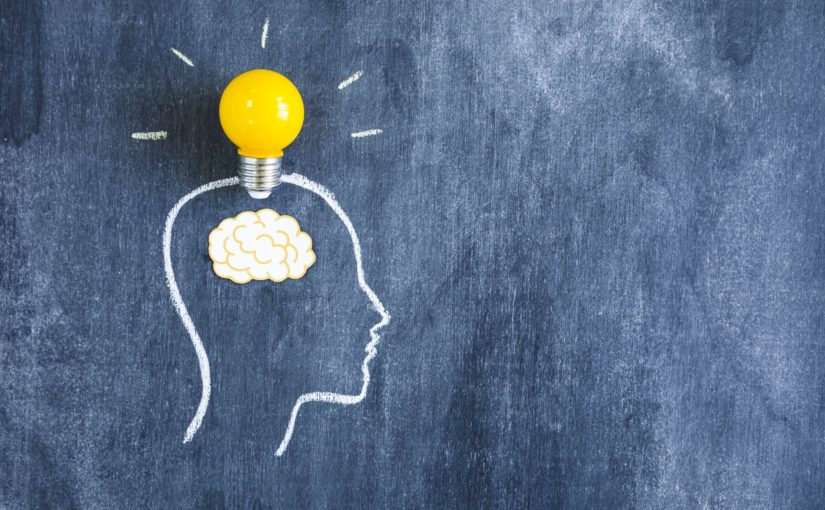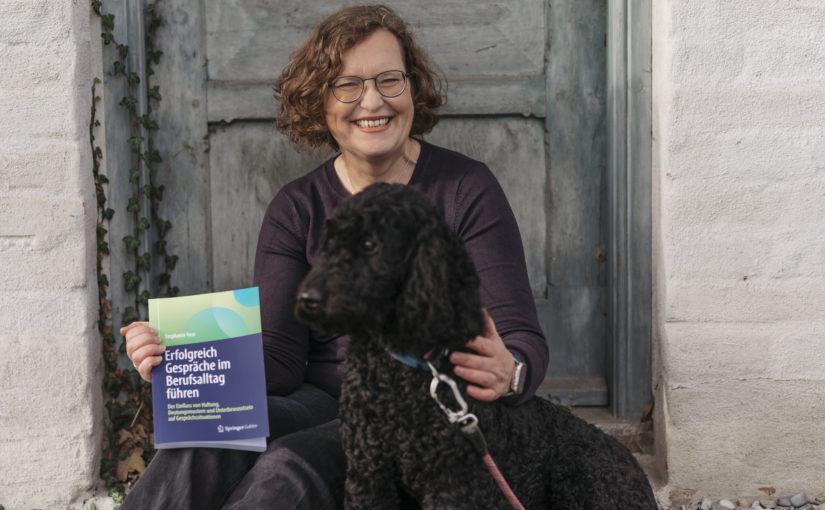In my diary this week was the following quote from John Steinbeck: „And now that you don’t have to be perfect, you can be good.“ This quote got me thinking for a longer time. What is perfect? Who decides whether someone is perfect? As we all construct the world, which means we all interpret situations according to our experiences and memories, everyone would understand something different by perfect.
For example, an apple is perfect for one person if it is flawless and green. For another, an apple is perfect if it has red cheeks and a third finds the apple perfect if it has small spots, as it is then organic and natural.
How can there be, or is there, objective perfection at all? Is it perfection when everything is organised and straightforward? Isn’t chaos, the dynamic, what we need to bring change? Perfection cannot exist, because it is subjective and certainly not dynamic and therefore enable no changes. Being perfect means standing still. As the definition of perfect lies in the eyes oft he observer, the self must adapt and change in such a way that the observer can recognise perfection. This means the price of perfection is to mirrow the expectation of others and not to be yourself.
In my opinion, the solution lies in the second part of the quote: „You can be good.“ Since it is not possible to be perfect without losing yourself, each of us can try to be our own better self. The perfect lies hidden in the imperfect within ourselves. What we can do is to give our best every day by being mindful in the moment and always trying to activate the good that lies within each of us in the here and now. We can always dare and try to be the best and good version of ourselves. This requires a lot of courage, because the authentic self is much more vulnerable than an artificial self that changes in order to meet and fulfil the demands of the other person. So that the other person can recognise the perfect self that they have defined.
We should agree that being good is better and more dynamic than being perfect and is therefore much more promising for our self and our own growth.
What is your opinion?









